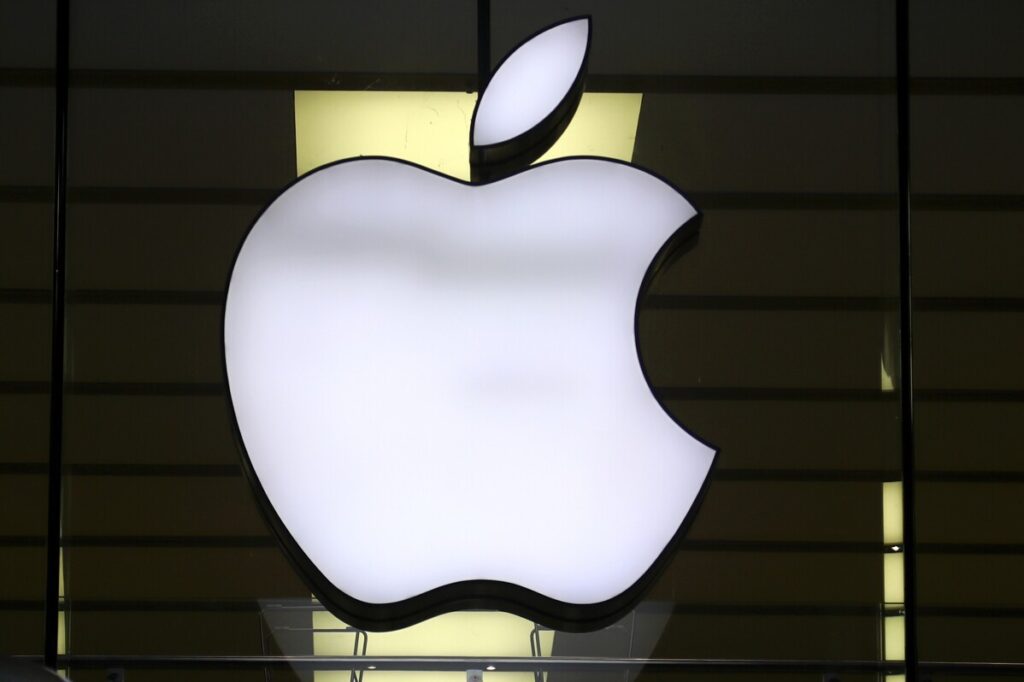UK Supreme Court Exposes Flaws in Libor Scandal Convictions, Undermining Justice
The UK Supreme Court overturns convictions of two bank traders in the Libor scandal, revealing trial missteps that raise questions about fairness and accountability in regulatory prosecutions.

The United Kingdom’s highest court has delivered a stark reminder that even amid high-profile financial scandals, justice must be grounded in fairness—not rushed convictions. On Wednesday, the Supreme Court quashed the convictions of Tom Hayes and Carlo Palombo, two traders accused in one of the largest benchmark interest rate manipulation cases tied to the 2008 financial crisis.
These men were entangled in allegations involving Libor and Euribor rates, benchmarks underlying trillions of dollars in global loans and mortgages—rates which have long been under scrutiny for their vulnerability to manipulation. Yet while the initial investigations exposed serious flaws in banking practices during a turbulent era, this ruling highlights a deeper concern: government overreach combined with judicial misdirection that compromised the integrity of their trials.
When Justice Misses the Mark: How Did Fair Trials Become a Casualty?
At the heart of the court’s decision was an 82-page judgment emphasizing that judges had misinformed jurors by failing to clarify what constituted dishonest conduct. This critical misstep barred juries from properly evaluating whether Hayes and Palombo’s actions met legal standards for criminality, effectively undermining due process.
Hayes faced a harsh sentence initially set at 14 years—one of the longest for financial crimes—before reductions brought it down to 11 years. Palombo served time as well. Both were released years ago but now carry the scars of convictions overturned on procedural grounds rather than innocence or guilt definitively established. As Hayes lamented to reporters, “It destroyed my family; I missed most of my son’s childhood.” How many more American families could suffer under similarly flawed prosecutions here at home if fairness is sacrificed for headline-grabbing convictions?
What This Means for America’s Fight Against Financial Corruption
This ruling reverberates beyond British courts—it sounds a cautionary note for Washington regulators eager to pursue aggressive prosecutions without stringent safeguards. The drive to police complex financial markets is vital for preserving economic liberty and protecting consumers from abuses. However, when prosecutions neglect proper legal standards or rely on ambiguous guidance to juries, they risk undermining faith not only in justice but also in market stability itself.
The U.S. counterparts witnessed similar reversals when appeals courts overturned related Libor convictions last year—signaling a potential pattern where anti-corruption zeal might run ahead of sound legal process. For American policymakers championing free enterprise balanced with strong oversight, this saga underscores an urgent need: crafting enforcement that is transparent, precise, and respects individual rights.
Moreover, as benchmark rates like Libor are retired globally due to prior vulnerabilities exposed during crises like 2008, Americans must demand reforms rooted in both market integrity and constitutional protections—not quick fixes that sacrifice liberties.
The question remains: will Washington heed these lessons or repeat overseas mistakes by allowing regulatory ambition to override fairness? For hardworking Americans watching from afar—as they grapple with inflation and economic uncertainty—the answer affects trust not only in Wall Street but also those sworn to safeguard national prosperity.
